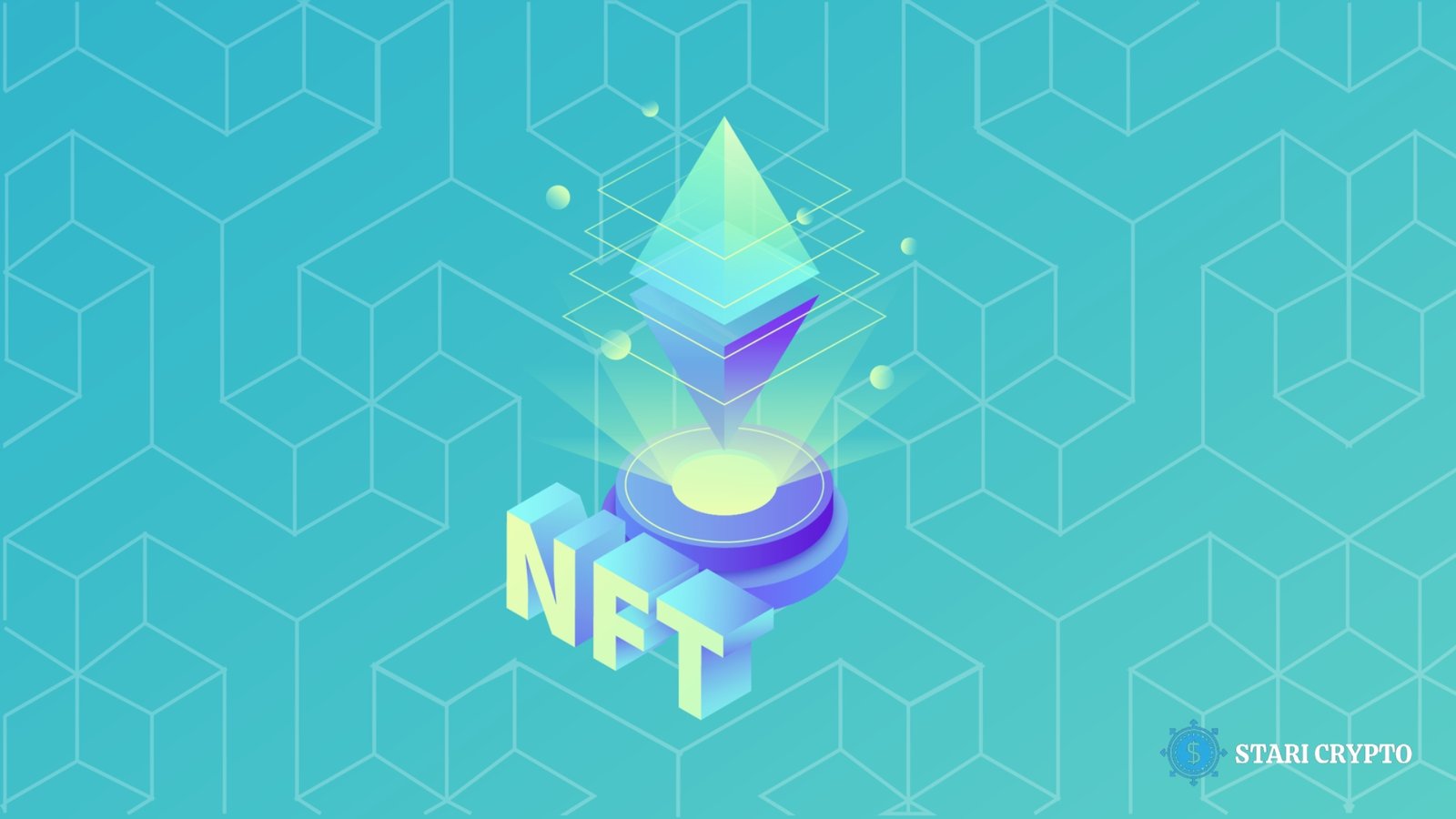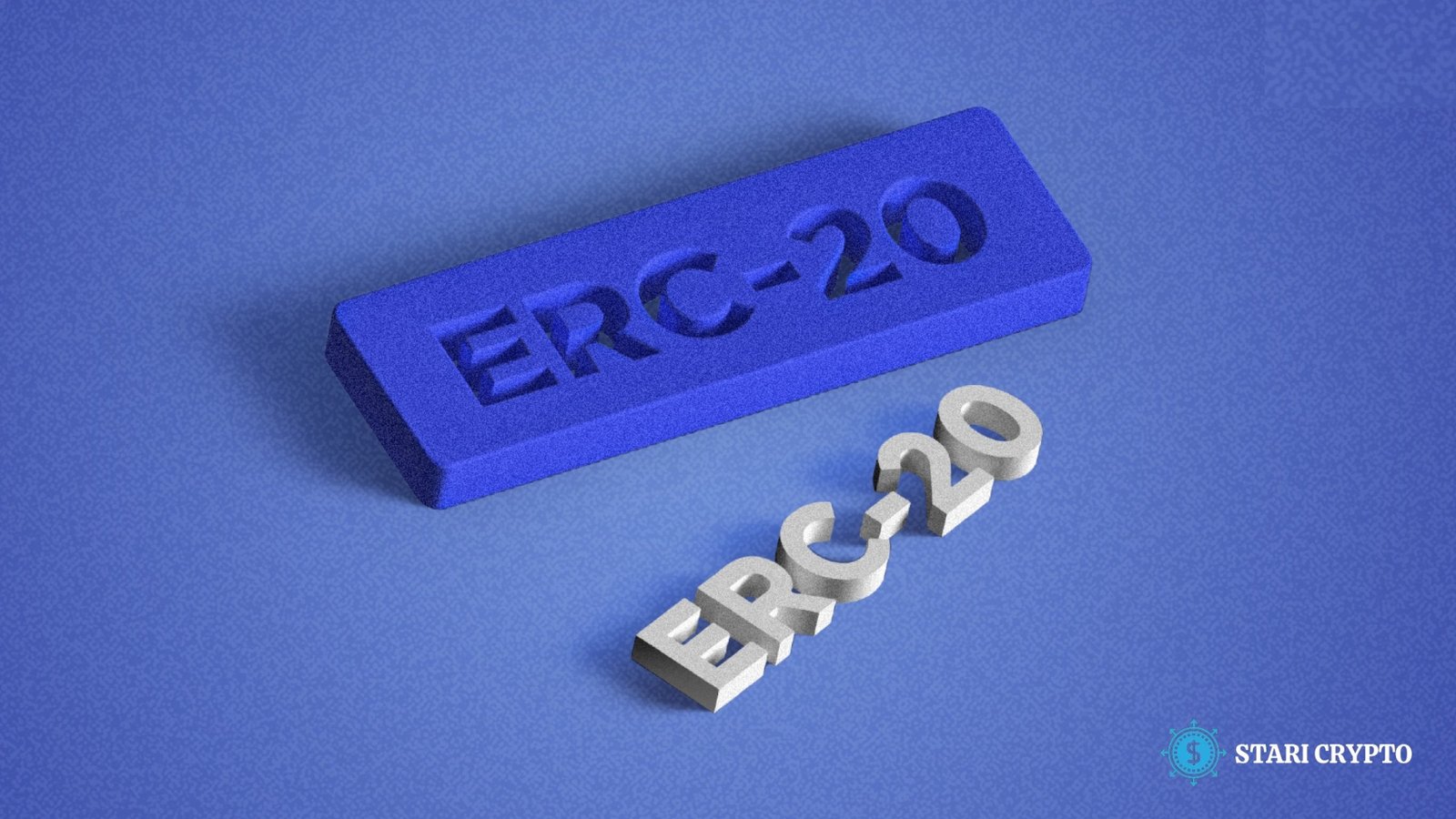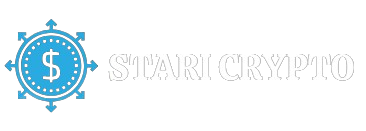Introducing NFT: Using Web3 technology, Swiss fintech Fiat24 is reconstructing the financial infrastructure. ERC-721 is being used to represent clients’ on-chain IDs, while ERC-20 is being used for deposits. Gaining users’ trust and confidence in using new technologies to bank and access their accounts has been a difficult task since the early days of online banking and the digital era. When client ledger documentation moved from paper-based and physical processes to entirely online, server-based ones, users took some time to get used to utilizing applications instead of pen and paper.
It will take some time for a nonfungible token (NFT) to supplant the current e-banking model in the early stages of the Web 3.0 era. However, a Swiss fintech business called Fiat24 is reconstructing the banking system using only Web3 technology, using ERC-721 to represent customers’ on-chain IDs and ERC-20 to represent their balances.
ERC-721: NFTs are more than Simple Pictures
Since their debut as apes, penguins, and cats in the market, NFTs have undergone significant development. They have the ability to inspire individuals to reinvent everything, including experiences, real estate, and ticketing.
The role of NFTs grows in importance as self-executing digital agreements known as smart contracts gradually replace centralized computer programs. This is because smart contracts can directly interact with the parameters stored in NFT metadata, allowing them to offer various services to different NFT holders.
In order for Fiat24 to be able to determine who is who in their ecosystem, the NFTs are employed to represent client identities. But in addition to functioning as digital identities, the NFT provides the client with legal evidence of ownership, demonstrating that they are the account holder.
It serves as the account’s access key as well because the client can access their account by having the NFT in the linked wallet. Lastly, the NFT also contains all of the logic required to carry out banking operations. Fiat24 opens a Swiss IBAN account for the client, with the account’s final few numbers matching the NFT number. Fiat24 provides more functionality than a standard Swiss bank account.
ERC-20: An Efficient Payment Network
ERC-20 tokens are used to represent customer account balances, while smart contracts are used to carry out all operational logic. Customers may now easily convert their digital assets into fiat money and manage their online banking directly in their favorite noncustodial wallets, like MetaMask.
Blockchain technology’s “atomic swap” feature makes it possible to trade two assets simultaneously and seamlessly without the need for centralized middlemen. ERC-20 tokens have the potential to be more accurate and efficient than conventional payment networks like SWIFT and SEPA, allowing for faster and more accurate payments.
ERC-20 tokens’ programmability makes it possible to automate financial operations like loan and conditional payments, doing away with the need for middlemen like banks. Additionally, because blockchain technology is decentralized, there are no longer any central authorities, which speeds up transactions and lowers expenses. Because of these characteristics, ERC-20 tokens are positioned as the best option for peer-to-peer and cross-border transactions.
Power of Combining ERC-721 and ERC-20
Smart contracts are able to duplicate all banking services by combining both the use of ERC-20 as a booking ledger and NFTs for on-chain identity verification and transaction parameter storage. The goal of the Fiat24 project, based in Switzerland, is to use Web3 technology to reconstruct banking infrastructure.
By integrating ERC-20 tokens with established payment networks like SWIFT, SEPA, Visa, and Mastercard, Fiat24 is able to synchronize payment data straight onto the blockchain.
Banking in Web3: Swiss IBAN NFTs
Having a Fiat24 NFT has many advantages. A Swiss international bank account number (IBAN) is represented by the NFT itself. After the completion of Know Your Customer (KYC) authentication, this IBAN operates similarly to any other bank account in Europe. It is unique, though, in that you can easily exchange virtual currencies for fiat money (USD, EUR, CHF, and GBP) and get a Visa debit card to access your account balance.
Currently available for free, obtaining the Fiat24 NFT necessitates burning one F24 platform token. The project is based on Arbitrum, layer 2 of Ethereum. Since the introduction of the first Visa debit card created by Arbinaut, the Arbitrum DAO has supported the project. In the most recent LTIPP grant, Fiat24 ARB, Arbitrum’s native token, was also awarded, and an airdrop is anticipated.
Web3 technology’s entry into banking marks a dramatic change toward more decentralized, effective, and safe financial systems. Traditional banking procedures are expected to change as more fintech businesses employ blockchain technology, providing consumers with increased flexibility and creativity globally.

















